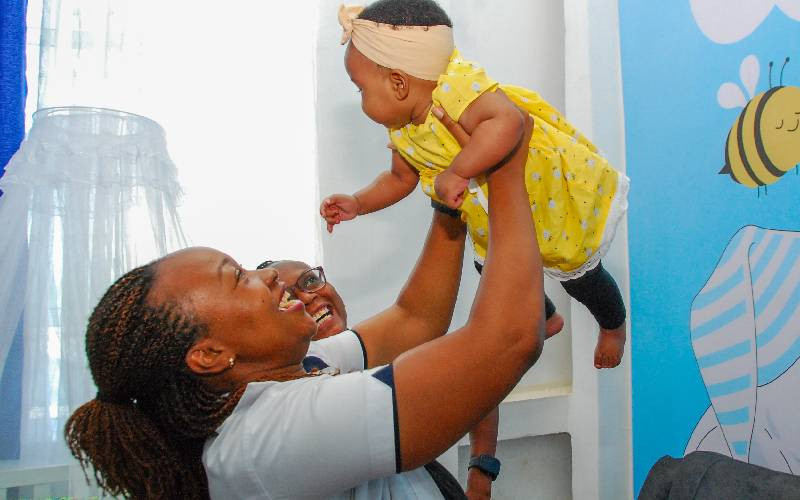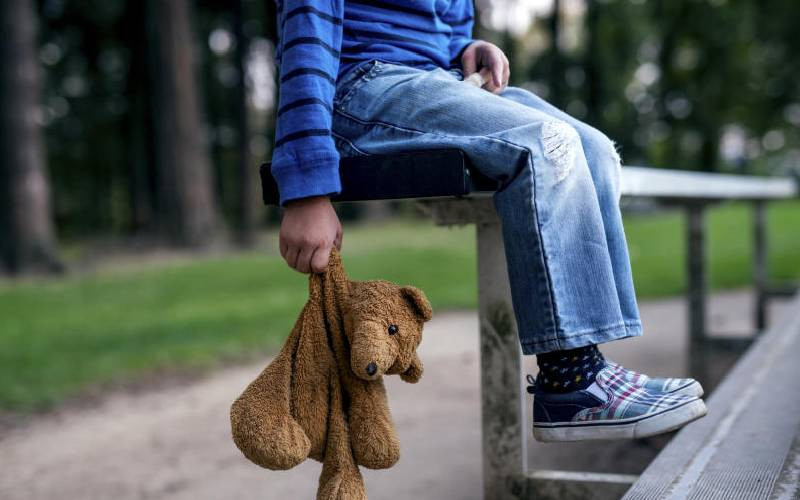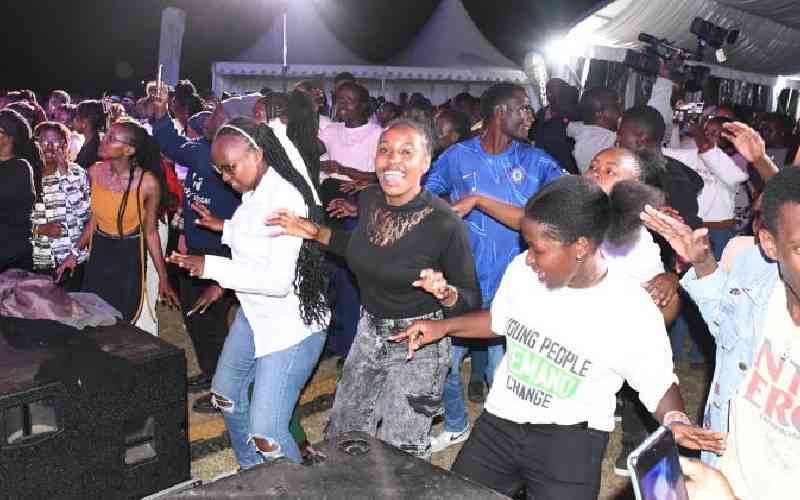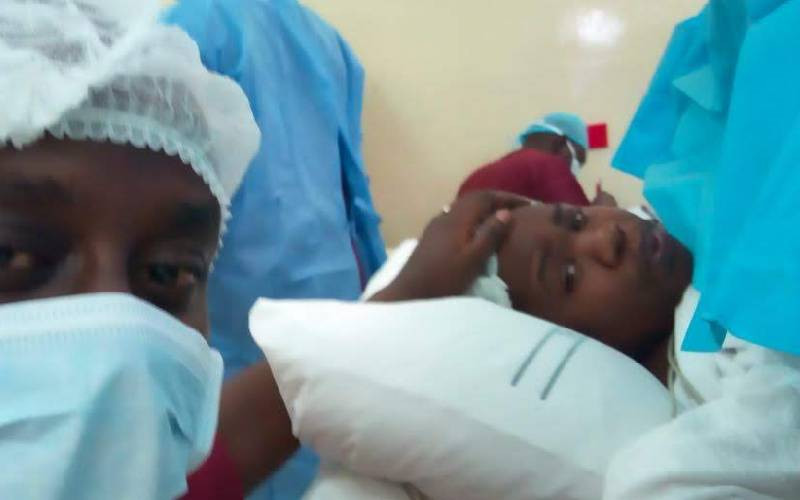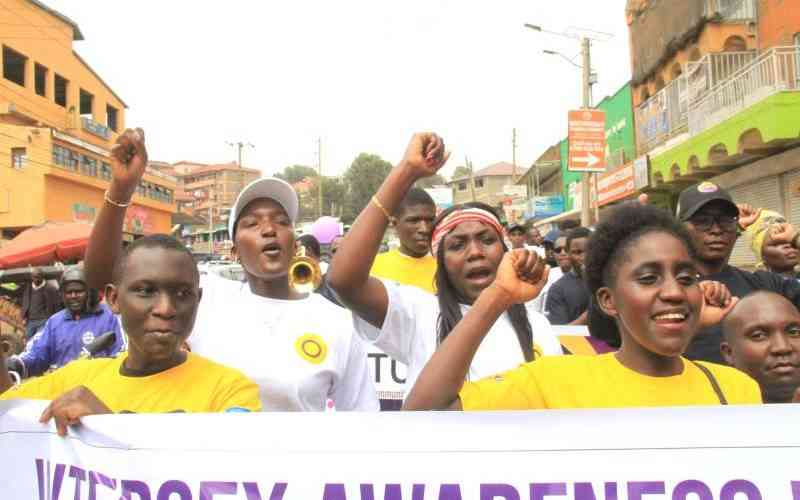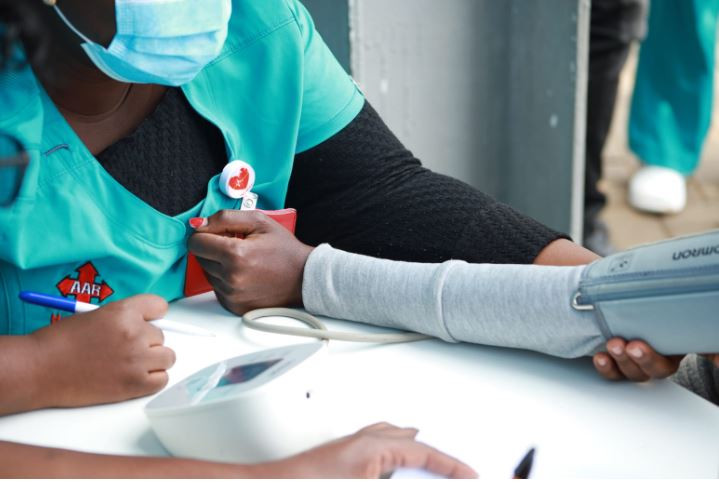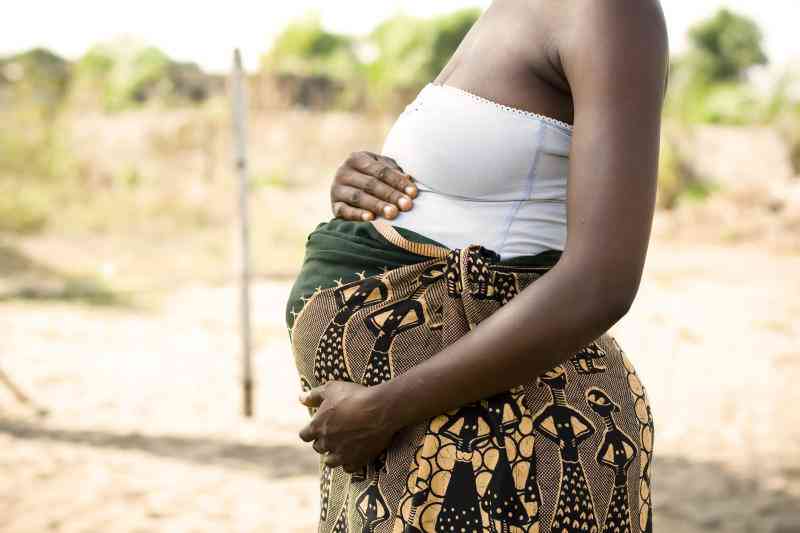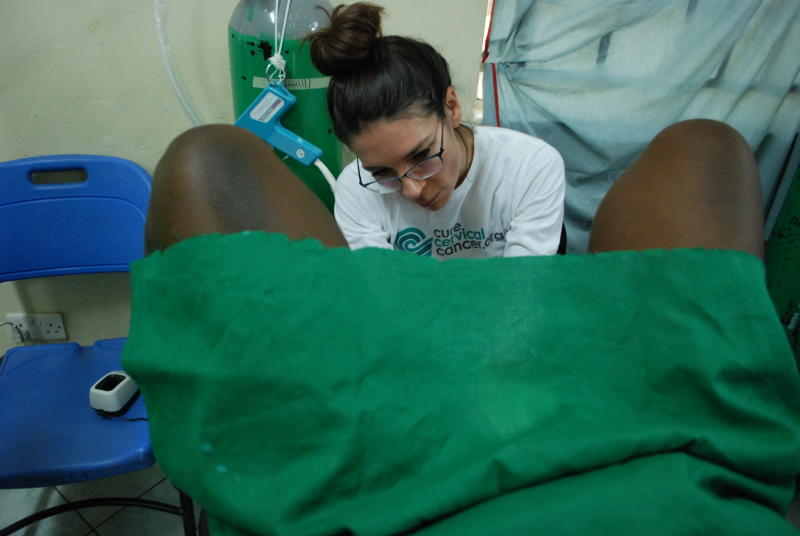
The Reproductive Health Bill, 2019 which proposed to make prenatal, delivery, and postnatal services free for every woman in Kenya was withdrawn earlier this year to allow for more public participation.
The Bill, sponsored by Nakuru Senator Susan Kihika, was gazetted in November 2019 and was first read in Parliament on February 18, 2020.
It also sought to regulate surrogacy by providing a framework for assisted reproduction services.
 The Standard Group Plc is a multi-media organization with investments in media
platforms spanning newspaper print
operations, television, radio broadcasting, digital and online services. The
Standard Group is recognized as a
leading multi-media house in Kenya with a key influence in matters of national
and international interest.
The Standard Group Plc is a multi-media organization with investments in media
platforms spanning newspaper print
operations, television, radio broadcasting, digital and online services. The
Standard Group is recognized as a
leading multi-media house in Kenya with a key influence in matters of national
and international interest.


